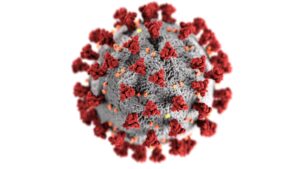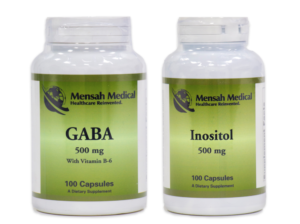
Living With COVID
Exercise is vital to keeping our bodies and our immune systems in optimal shape. When you move, even if you are just doing chores in the house, you are giving your body the electron flow, that energy voltage, that it needs to turn on your cells and to optimize your physical health and your immune response capacity. Whenever possible, do not just sit around the house. Do pushups and situps, lift up your milk containers and carry stuff around the house. Now that Spring and Summer months are coming, get outside and go for a walk. There are many ways to get exercise. Find something that works for you, and just get moving.


